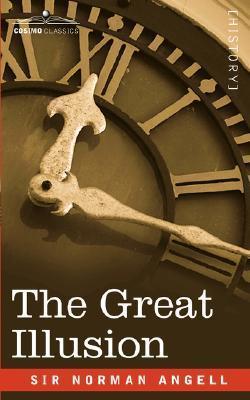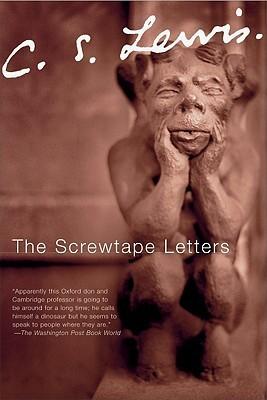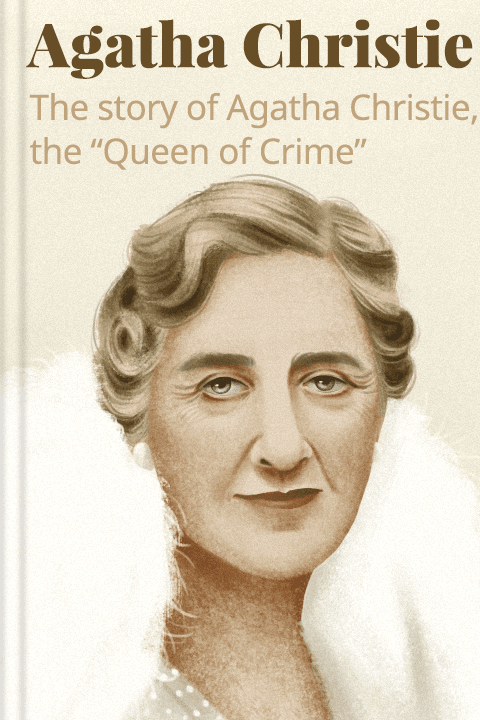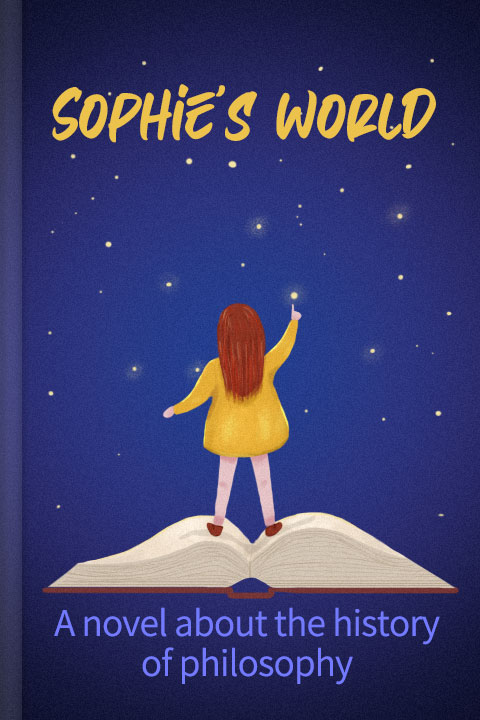Information

Author: Siegfried Kracauer
Narrator: Ryan
Format: MP3
IBSN:
Language: English
Publish Date: 23/12/1969
Audiobook length: 31 min
Contents
Readers Also Enjoyed Summary Audiobook 
Why listen to From Caligari to Hitler
Listening to the summary audiobook of "From Caligari to Hitler" by Siegfried Kracauer offers a compelling exploration of the relationship between early German cinema and the rise of fascism in the 1920s and 1930s. Kracauer's influential analysis demonstrates how film reflected and shaped societal anxieties, providing invaluable insights into the cultural landscape that contributed to the emergence of totalitarianism. This concise summary allows listeners to grasp essential themes and arguments, making it an essential resource for anyone interested in film studies, history, or the interplay between art and politics.
Key Insights from From Caligari to Hitler
- Kracauer explores the connection between the Weimar Republic's unstable political climate and its cinematic outputs, suggesting that film reflects the societal anxieties of the time. He posits that horror films, particularly, serve as a metaphor for societal fears, foreshadowing the rise of totalitarianism in Germany.
- The author critiques the way early German cinema depicted authority and control, linking it to the psychological state of a nation grappling with its past after World War I. He argues that the portrayal of powerful figures in film mirrored the emergence of fascist ideologies, revealing a cultural preoccupation with power dynamics.
- Kracauer presents the idea that cinema has the potential to both critique and reinforce social conditions, revealing its dual role as both a mirror and an engine of societal change. Through an analysis of films from this era, he illustrates how narratives shaped public consciousness and attitudes toward authority, paving the way for Hitler's ascent.

Brief In, Brilliance Out
Contact: buildlearn.bk@gmail.com















